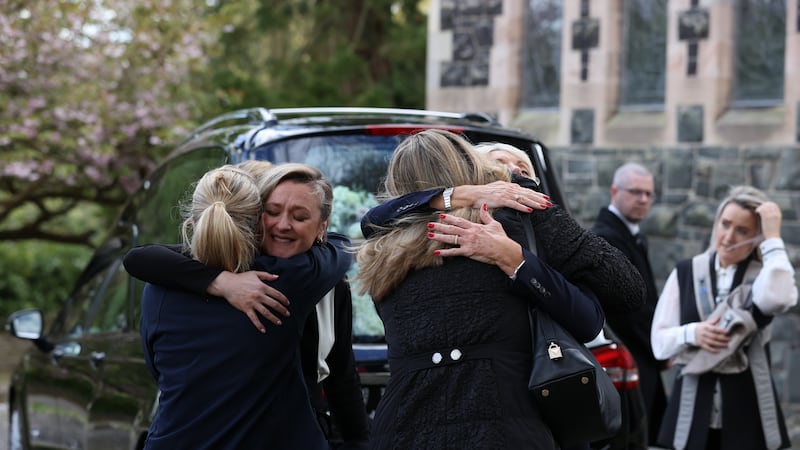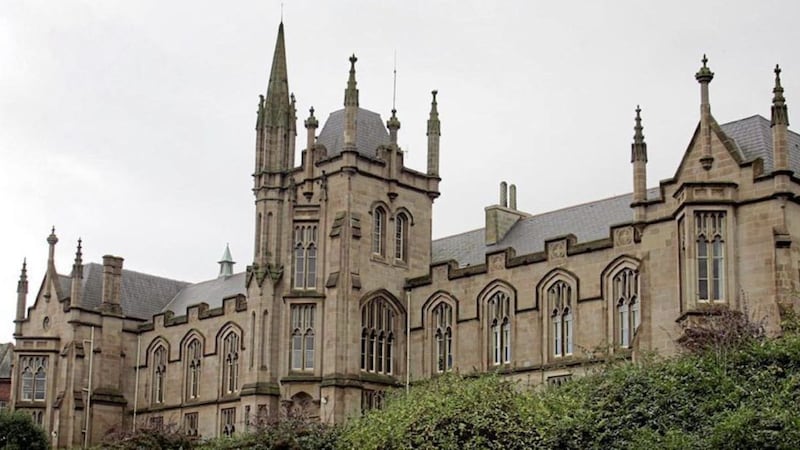YOU probably did not realise that Britain invented democracy. David Cameron said as much on Monday, so it must be true.
Oh, and the British also invented freedom, justice and equality and they probably have the patent rights on goodness and decency as well.
The Prime Minister was speaking at a ceremony to mark the 800th anniversary of the signing of Magna Carta, the Great Charter. (Mr Cameron could not translate "Magna Carta" on a US TV show in 2012. Eton's educational standards are not what they used to be.)
By Thursday, however, the British establishment had progressed to celebrating the Battle of Waterloo. It marked the military defeat of Napoleon, who introduced freedom of religion, abolished privileges based on birth (such as those enjoyed by royalty) and established a system of public education.
Celebrating these two events in the one week is more than just an interesting reflection on the inherent contradiction indominant British values and attitudes. It is a useful framework for understanding the country's huge social and economic inequality - and it helps to explain British imperial history, including its role in Ireland.
Magna Carta did not create the concept of democracy. The Greeks did that 1,700 years earlier. Although it contained some basic legal principles, it was largely an agreement between some nobles and the king that he would henceforth behave himself. The Pope annulled the agreement nine weeks later. (Popes tend to have difficulty with democracy.)
The BBC tells us it meant the king was no longer above the law. No-one pointed out that, following the recent publication of some of his letters seeking to influence government policy, Prince Charles (and the entire royal family) is no longer bound by the Freedom of Information Act. So, despite Magna Carta, the Queen is indeed above the law.
Britain is therefore governed on the myth that it is a fair and equal society. Three and a half million British children live in poverty. Seven per cent of Britons attend private schools, but 71 per cent of Britain's judges are privately educated. The ridiculous concept of royalty embodies inequality.
If religion in Britain is no longer the opium of the people, the royal family is proving an acceptable substitute. (When was the last time the Queen opened a food bank?)
British inequality at home has been accompanied by aggression abroad, often justified in terms of bringing Magna Carta's values to an ungrateful world. Waterloo, for example, was fought for regime change - the same reason that Tony Blair illegally invaded Iraq.
It was also to head off civil unrest. In March 1815, the army had to protect MPs from protests against the Corn Laws, which increased the price of bread to protect rich landowners from cheap imports.
After Waterloo, the British army was cut from 233,000 to 92,000 soldiers. What were known as the "Waterloo men" had to beg or starve. In 1819, the 15th Dragoons, who had fought at Waterloo, charged a pro-democracy and anti-poverty rally at St Peter's Field, Manchester, slashing 187 men and 31 women with their swords.
Eighteen people died and 700 were injured in what became known as 'Peterloo'. No-one mentioned Magna Carta at home. It was more useful for justifying imperial exploits abroad.
Taoiseach Enda Kenny attended London's Waterloo celebratory dinner, presumably to mark Wellington's Irishness and the estimated 35,000 Irish soldiers in his 112,000-strong army. Many of them also later starved.
(We are at an interesting period in Irish history, when fighting for Britain has become fashionable again. These days, they call it reconciliation.)
Mr Kenny might have raised Magna Carta's decree that the crown would not proceed with force, except by the law of the land. Recent BBC and RTE documentaries on collusion showed that the crown's forces defied the law to kill people on both sides here.
(Indeed it now appears that what was billed as a war for Irish unity, was little more than sectarian savagery between two sets of spies, both of which were controlled by the British government.)
He might also have raised its pledge, "to no-one will we deny or delay right or justice." Tell that to the families of Pat Finucane or the 10 Protestant workmen murdered at Kingsmills.
The British did not invent democracy. They did not invent repression either. But Waterloo may be more representative of British history at home and abroad than the Magna Carta. You may find that a fanciful idea, but in the context of Britain's role in Ireland, it may help to explain why we were represented at one commemoration and not at the other.








